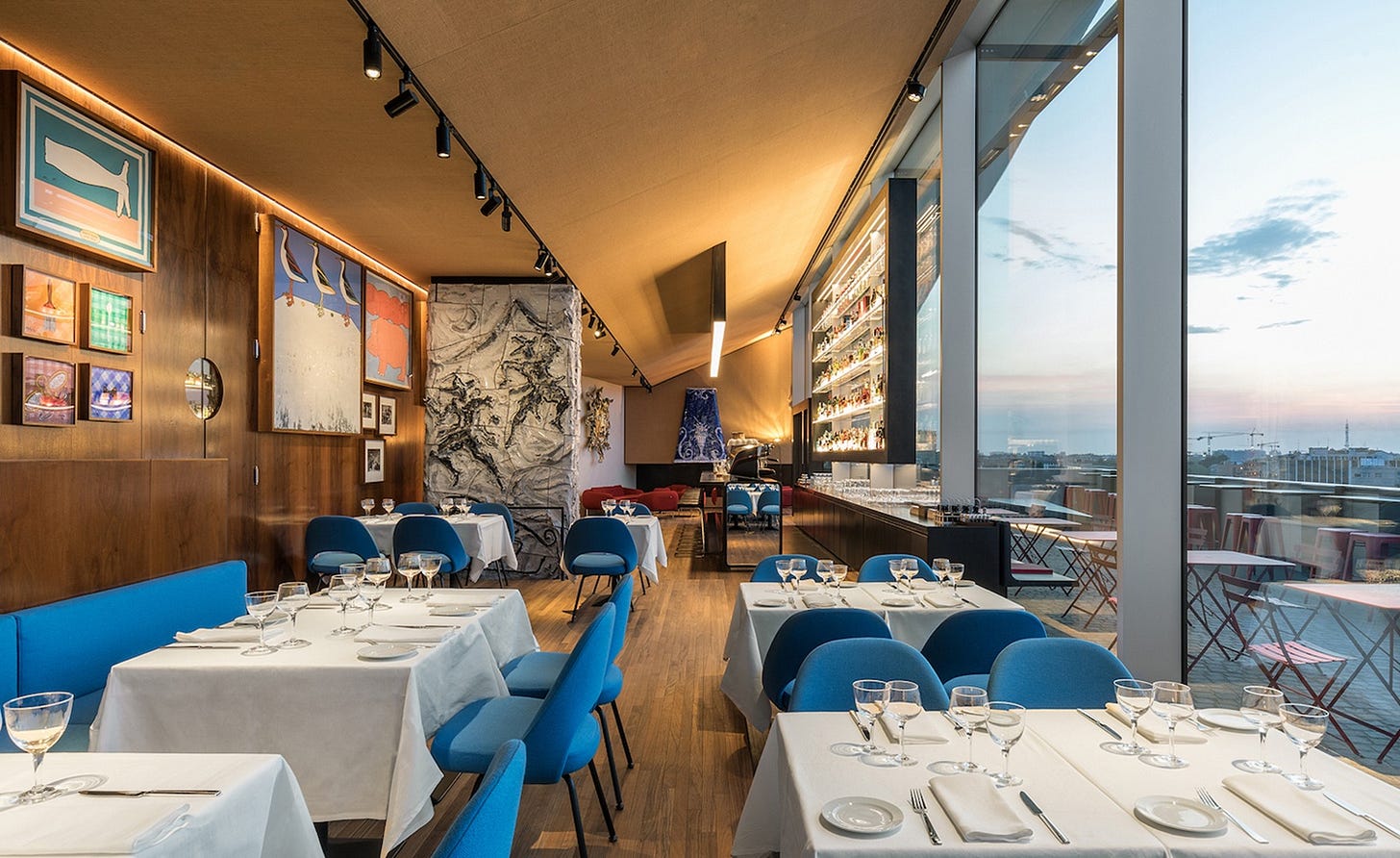Say "thank you" instead of "sorry" when mistakes happen
When recovering from a bad service, it is better to show gratitude to your customers rather than simply apologizing
📝 Words: 665 | 🕰️ Estimated Reading time: about 4 mins
Bad service to customers can happen.
Mistakes are inevitable, no matter how hard a company tries to prevent them.
But it’s how businesses recover from them that really matters.
Imagine you’ve booked a dinner for two at a fancy restaurant.
You dress up, get a taxi, and arrive on time, excited to try the dishes your friend can't stop talking about.
But when you get there, the restaurant is busy, and you end up waiting 30 minutes before sitting at your table.
What the waiter is going to tell you after these 30 minutes will ultimately influence your post-recovery satisfaction, your willingness to return, your recommendation intentions, and how likely you will complain.
Interestingly, a group of researchers found that expressing appreciation (saying "thank you for the wait") when there is a service failure, can be a more effective response than offering an apology ("sorry for the wait").
This is a subtle but powerful distinction that can make a world of difference in how customers perceive your business after a mistake has been made.
If you’re not a subscriber, here’s what you missed recently:
Subscribe to get access to these posts, and every post.
⚙️ How does it works?
🙇 Apology (Saying “sorry”)
While an apology can lead to forgiveness and reduce recipient’s anger, it can also highlight apologizer’s admission of fault, and encourage negative thoughts to persist even after the service failure.
Despite its well proved usefulness in restoring customers’ fairness perceptions, apology as a symbolic recovery strategy can therefore have potentially negative effects on the service provider.
🙏 Appreciation (Saying “thank you”)
On the other hand, appreciation - while acknowledging the service provider’s admission of the mistake - shifts consumers’ attention from the service provider to customer’s merits and contributions (e.g. patience and understanding).
Research shows that people have a favorable view of those who acknowledge their positive traits.
When someone receives positive feedback, such as a service provider thanking a customer for their patience, it boosts their self-esteem and makes them think more positively about the person (i.e. the service provider) offering the feedback.
🧠 The researchers believe that changing the focus from pointing out the provider's mistakes (apology) to highlighting the customer's value (appreciation), can boost the customer's self-esteem and lead to greater satisfaction after a problem is resolved.
In conclusion, when service providers express appreciation instead of apologizing to fix an issue, customers are:
happier with how the issue is handled
more satisfied
more likely to return
more willing to recommend the service to others
less likely to complain
🔎 Additional findings
Showing appreciation works better than apologizing in some situations, but not in others.
For example, appreciation works better:
for customers who are narcissistic1🪞(but it is not necessarily better for those low in narcissism).
when the message is given after a service problem, rather than before. If offered before the service failure, the advantageous effect of appreciation disappears.
🎁 Furthermore, when the service failure is severe (e.g. one-hour wait in a restaurant), material compensation (e.g. a free drink) is a prerequisite for the greater effect of appreciation vs. apology, and also necessary to restore customer satisfaction.
🚀 Call to Action
When you break a promise with your customers, consider expressing appreciation (such as saying "thank you for your patience") rather than offering an apology ("sorry for the wait"). This will boost customer's self-esteem and lead to greater satisfaction after the problem is resolved.
Appreciation isn't always more effective than an apology. If you are addressing an issue before a service failure occurs, appreciation may not be more effective than an apology. Both could be effective, depending on the context.
If service failure is severe (i.e. you messed up pretty bad), a material compensation (e.g. a free gift) is essential to restore customer satisfaction. When offering a free gift, it is still better to accompany it with appreciation rather than an apology.
See you next Sunday 🗓️
Thanks,
Giacomo
e.g. those who use social network more, and are usually younger.




I've seen a some new examples expanding on 'thank you for your patience' which I liked. It just added an extra personal touch, as TYFYP is becoming a standard rollout for comms teams and I suspect starting to lose agency withe stakeholders. Really liked this post.
This technique is great to keep in mind in the online work environment as well. I find that we apologize all too often in emails…
“I’m so sorry that I missed this…”
Instead:
“Thank you for catching this!”
A little thing but definitely sets the tone.